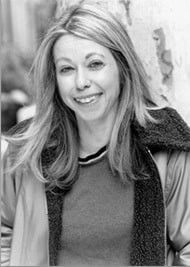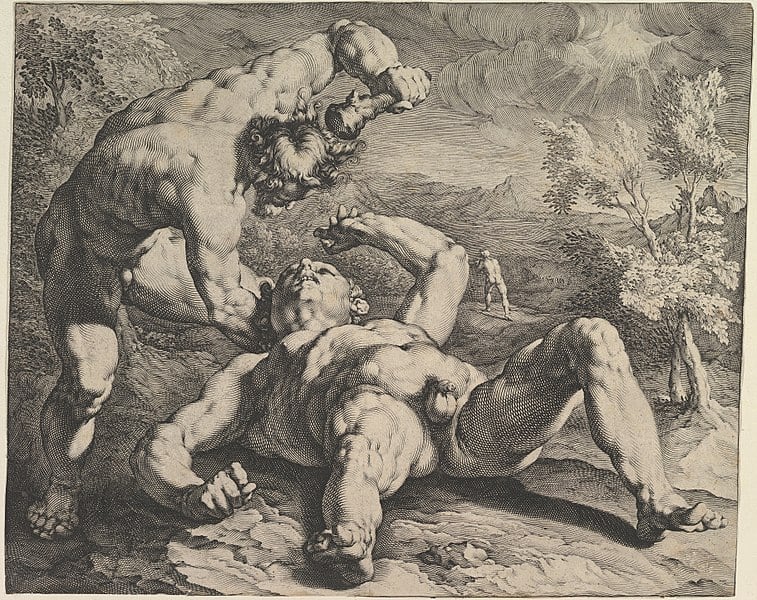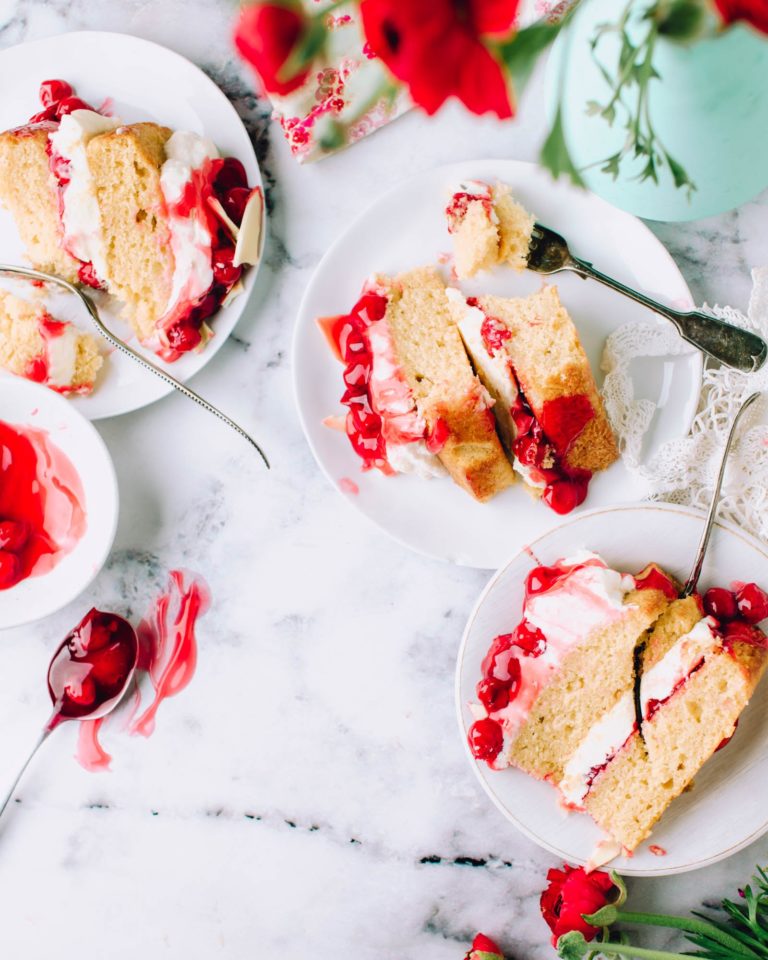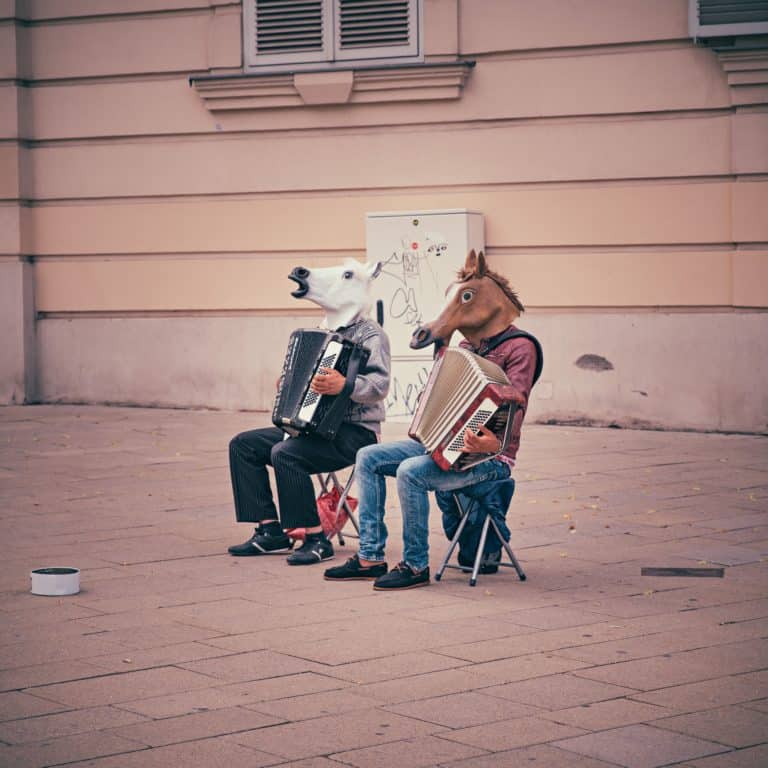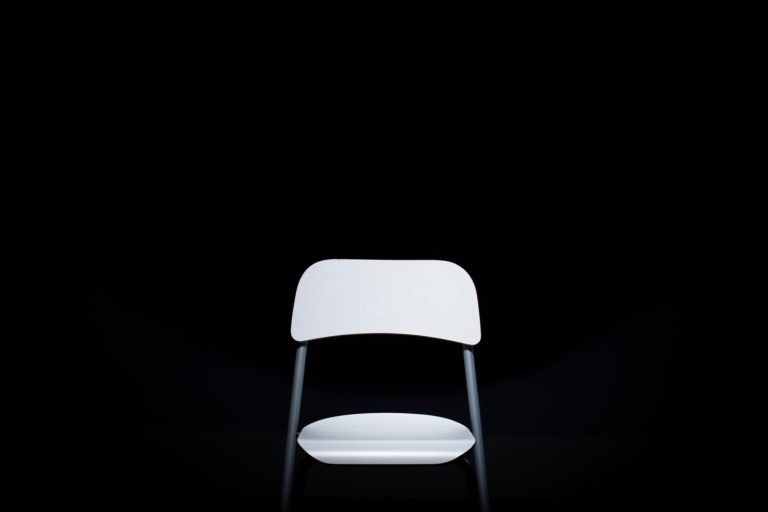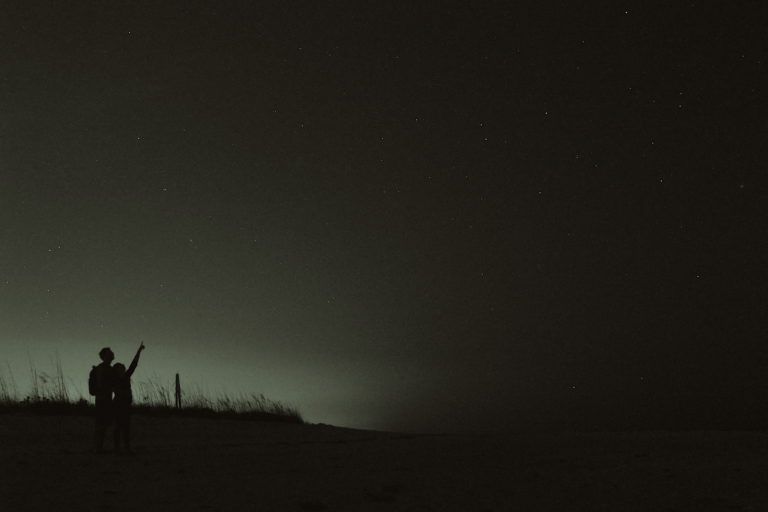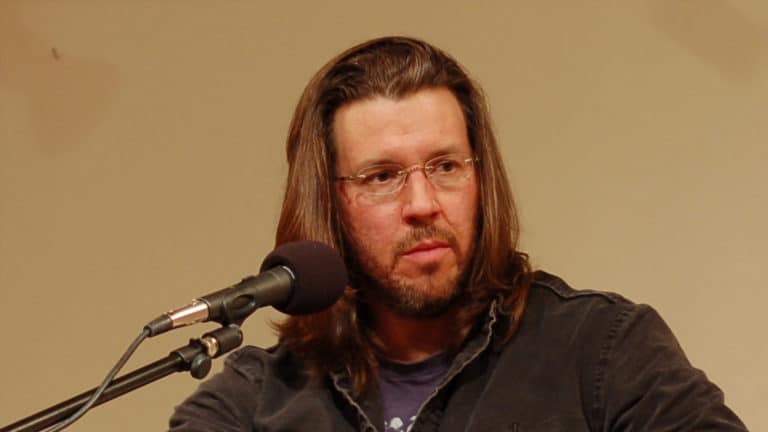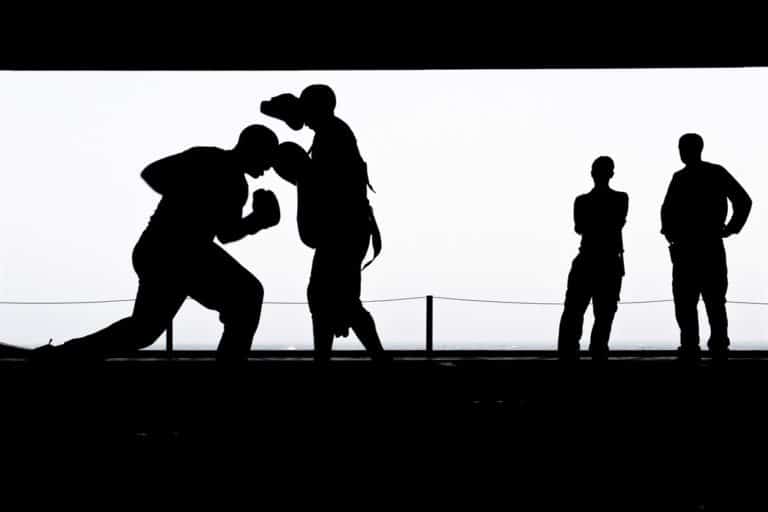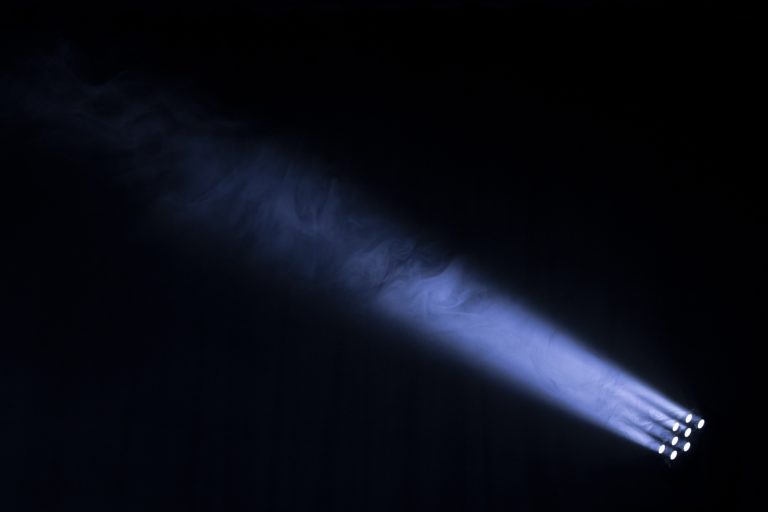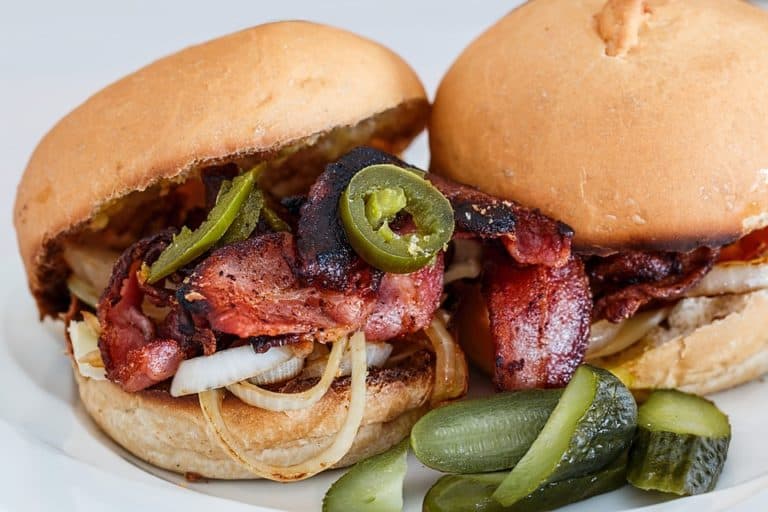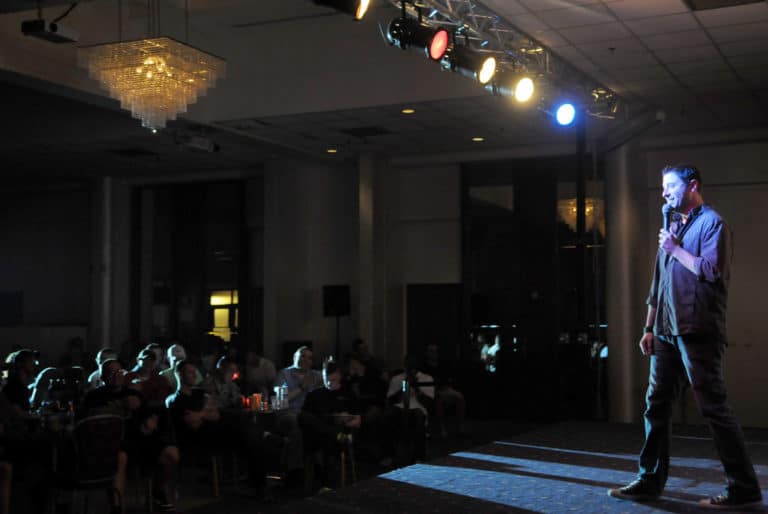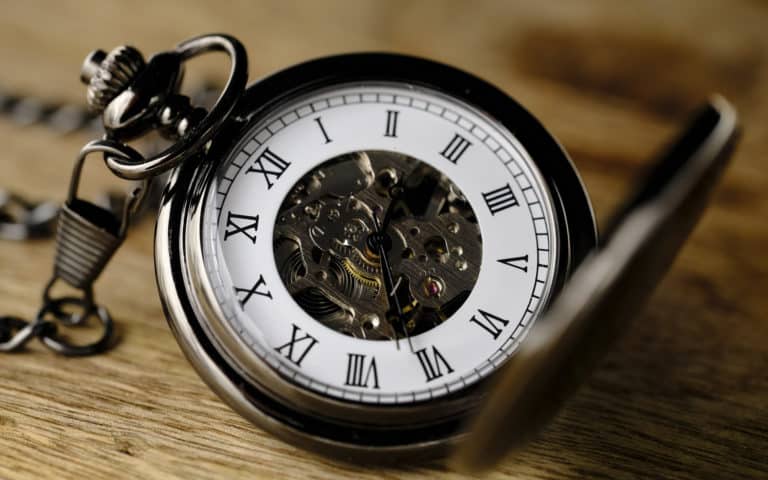I used to induce in myself awful states of envy. It took years to notice what I was doing, though, because it was so counter-intuitive. After all, who wants to feel bad? What secret purpose could envy possibly serve?
But since I started speaking on the subject, lots of writers, many of them highly accomplished, have come up to me and told me that they identify; they also have habitual behaviors that, come to think of it, leave them feeling alienated from their writing, sometimes quite painfully.
And like me, many of them had scarcely thought about these behaviors because they felt covert and perverse, and something in their essential nature resisted examination.
I first noticed my self-destructive practice years ago, when I was a beginning writer living in Boston. Every morning I worked on a novel, and in the afternoon I worked as a secretary in an insurance agency. To get to my afternoon job, I had to walk through the Prudential Center, like a great big gateway to the city. And every afternoon as I stepped through this gateway, I stopped in at a bookstore and found a particular book.
This book had recently come out to rave reviews. It was set in Hawaii and was written in lush, lyrical prose. On the back was the author’s photo. How composed and lovely she seemed!
As I slid the book back on the shelf, my hand felt numb and tingly. My whole body seemed robotic, hollow, scooped out by envy. I felt unreal. Then I continued on my way into the city. All the excited, thrilled feelings from my own writing were banished. When I set my shoe on the sidewalk, it was just a strange, dull, faraway shoe. Soon I was enclosed in my airless office, filing away insurance forms.
What is envy, I started to wonder. And why did I feel a strong urge to look at a book guaranteed to give me a bad feeling?
I was most susceptible to my urge to go into the bookstore when I was feeling good from writing. The good feeling from writing gave me a sense of being strong, and I felt I ought to do something with my strength. Now that I was strong, I had no excuse for not looking at that other woman’s book. It was an attraction like magnets: I felt positive, the book was negative to me, but I felt an almost Puritanical obligation to learn from it what I could.
Consciously I thought that what I wanted to learn had to do with that author’s sentences and plot construction: How did she create her particular effects on the page? But actually what I wanted to learn was something different. It was: Do I have a right to feel good about myself? Am I being a fool to feel good, considering what I just wrote? Because I secretly worried the true me was mediocre, mundane to the point of being appallingly inconsequential.
I wanted writing to change me. And it did! On my page, after a morning’s work, something marvelous glimmered up with the sheen of June pollen, a lustrous surface conjuring depths. I felt good, stepping down the rattling circular wood staircase of the row house on Garrison Street. I felt good, seeing the pigeons wheel into the sky on Huntington Avenue.
But then I rode the elevator up into the mouth of the Prudential Center, and to my right stood the doorway of the bookstore. I could step into the bookstore. I did.
And it was like Superman in reverse. I came out Clark Kent, full of self-loathing. It was a psychic form of self-cutting. I lacerated myself with this other woman’s sentences. And if it hadn’t been her book, it would have been someone else’s.
One hidden payoff of envy was that now I could go to my afternoon job feeling safe. Nobody could attack me for feeling over-exalted and special. Nobody could deflate me. My pre-emptive measures ensured this. Another payoff was that now I’d been reassuringly restored to the inferior (but, I assumed, warranted) position I had in my family. And so I felt authentic and also intimately close with those who knew me.
Hunched, depressed, clutching my elbow, I got off the Red Line at Government Center and clomped over the brick walkways in fancy shoes that had worn down to Aladdin-lamp slippers, the toes curling, the heels stumps. I wore an A-line black skirt that had rusted to hazy green over the months—Dorothy morphing into the Wicked Witch—and soon sat down at the familiar desk in the airless life insurance office, praying tomorrow would be better.
But it was only recognizing what envy was doing to me that allowed me to really change. I stepped swiftly past the bookstore. I didn’t squander my good feeling. I read certain magazines only in the evening, rather than feed a perfectly good writing day to the envy they evoked. And I started allowing whatever that glowing pollen stuff was to accumulate within me without evacuating it right away. Odd stuff, strange images, something incandescent and glowing that was worthwhile to me—I allowed it to exist, all its promise intact.
This writing means something to me, I thought. I saw it held value, whether or not it was well done, simply because it connected me with a world of significance. I showed my writing to others more and it ceased to seem so imaginary. Before then, my writing had seemed like a private game of make-believe, mine to do with what I would. Now, more and more, I understood it as something that came from beyond me, something that was part of my inheritance from literary and blood ancestors, and from our particular historical moment. My ego released me a little bit.
Publication helped too; it would be unfair to deny this. It imparted a reality to my ongoing work. Publication matters, although we all know that for some people there is never enough publication, just as for some there is never enough money or physical beauty.
The more I declined to do things that evoked my envy, the less powerful my envy became. It had been a tiger, then it was a cat, then it was a memory of itself. The force that had seemed so titanic was no more than a habit, ultimately. And it was possible to break it.
I no longer fantasize about a grand transformation. I no longer think that someday a book I write will be the magical object that validates my life. The practice of writing every day helps. And learning that it’s up to me to caretake my writing mood helps too. This is part of the writer’s job.
Occasionally I relapse, but for the most part, my life has evolved a useful calm. I’m back to absolutely loving bookstores, and walk out with my arms laden. And I’m inspired by authors who, in the past, evoked a monotonous, quiet agony. Now I look back on the worst of my envy days and am surprised by the spectacle of so much inner cruelty and waste. Why are you hurting yourself, I wish someone had said. Your work is worthwhile. Don’t break faith with it.
